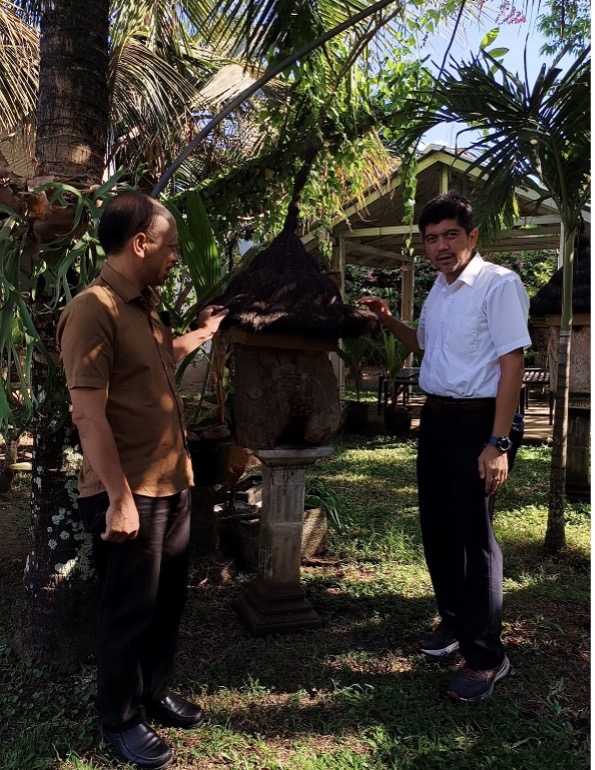In a joint effort to combat honey fraud, Universiti Teknologi Malaysia (UTM) and Universitas Udayana (UNUD) are collaborating to develop a new DNA-based technique for honey authentication. This initiative, funded by the UNISERF program at Udayana University, addresses the growing threat to the honey industry in Southeast Asia. The project originated from the concerns of Dr. IB Wayan Gunam from UNUD, Bali, Indonesia, who recognized the detrimental effects of counterfeit honey on local producers. To address this issue, Dr. Gunam partnered with Prof. Fahrul Huyop, a renowned microbiologist and molecular biologist from UTM’s Biosciences Department. Their strategy involves employing Illumina sequencing on environmental DNA (eDNA) found in honey samples. This method allows them to identify unique microbial fingerprints in honey produced from Lombok, Bali, and Banggi Island in Sabah. Prof Fahrul’s prior research in Terengganu, which utilized ITS2 sequencing on honey from Malaysian giant honeybees and stingless bees, provided valuable insights into plant diversity within specific locations. At Udayana University in Bali, Prof. Fahrul works on amplicon sequencing of honey bees, leading to the identification of distinct pollen signatures. This discovery sheds light on the floral sources and foraging patterns of bees, addressing a significant challenge for the Indonesian honey industry. Their findings, published in the highly cited journal Scientific Reports by Nature Publishing Group, represent the first profiling of honey samples from Lombok, Bali, and Banggi Island. The study successfully differentiates honey samples based on their unique mycobiome composition, focusing on the ITS1 region.
Many research articles published in scientific journals have explored microbial dynamics in honey, but Prof. Fahrul and Dr. Gunam’s work is unique in focusing on geographic origin authentication using advanced sequencing techniques. Future research endeavors include expanding reference databases and investigating the economic impact on both beekeepers and consumers. These efforts aim to solidify trust and promote authenticity within the honey industry in Southeast Asia.
Photo on right hand side: Prof Fahrul and Dr. Gunam on-site in Bali, searching for valuable honey for research.

